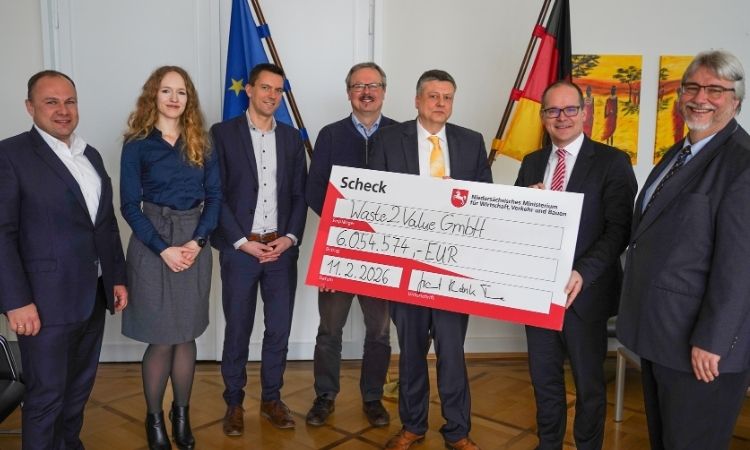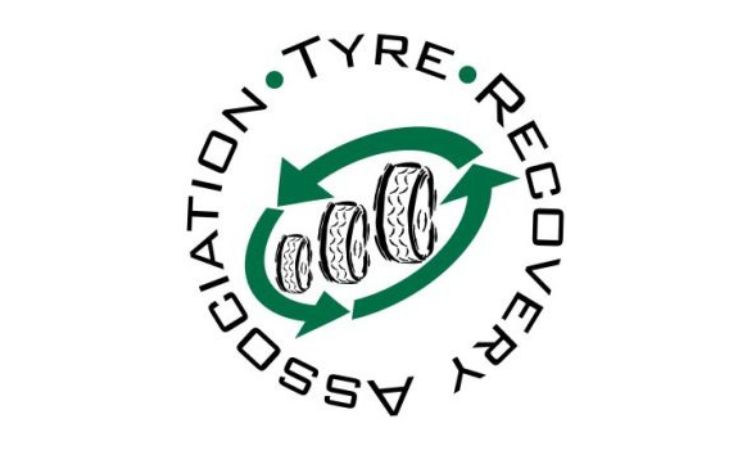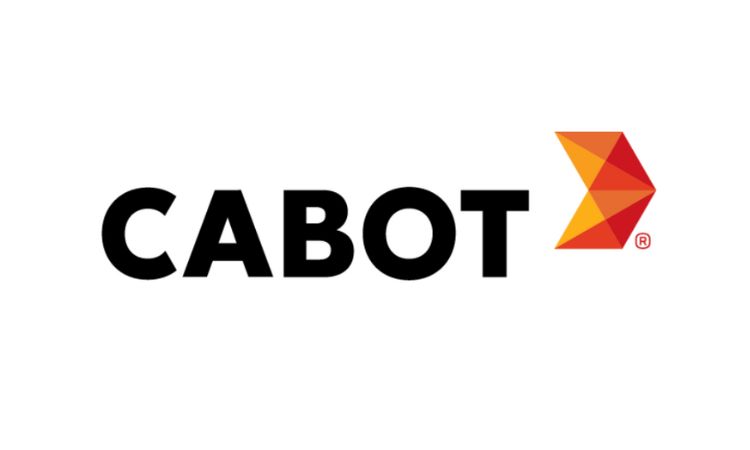Norwegian Wastefront and Swedish chemical engineering company received €2M grant for pyrolysis oil purification project
Wastefront AS – a Norwegian waste tire recycling company – in collaboration with leading Swedish chemical engineering company Hulteberg Chemistry & Engineering AB – announced that it has been awarded a €2 million grant from Eureka Eurostars, the world’s largest funding-program for business collaborations in creating innovative products for commercialisation, and the Norwegian Research Council and the Swedish Innovation Agency. The total project-funding amounts to €2.076 million: €1.038 million from Eurostars and €1.038 million from project partners.
The grant is being used by Wastefront and Hulteberg to fund a groundbreaking oil purification project – HYFUEL – dedicated to developing a novel catalyst approach to purify pyrolysis oil extracted from end-of-life tires (ELTs). The HYFUEL process will enable Wastefront to further increase the excellent value of its existing biofuel offering to its commercial customers by optimising some of the characteristics of Tire Derived Oil (TDO) when it is transformed into renewable fuels for several applications.
While the TDO that Wastefront typically produces is valuable and qualifies as a biofuel under price premium schemes, the pre-treatment of pyrolysis feed and upgrading of TDO means that HYFUEL’s optimised tire pyrolysis oil can be used as a substitution for diesel fuel without the need for further refining. What’s more, Wastefront’s HYFUEL process does not require implementing high temperatures for operation which represents lower energy consumption, lower carbon emissions, and a much better alternative for the environment.
For Wastefront, this marks an important step in their mission to accelerate the development of its oil quality and sustainable solutions portfolio. With the vast majority of ELTs in the UK still processed via highly-inefficient energy-from-waste facilities, today’s announcement is a key component of Wastefront’s determination to not rest on its laurels; greener, more efficient solutions to tackling large-scale waste of all types can continually be refined.
In order to maintain its industry-leading credentials on forward-thinking research & innovation, Wastefront recently announced a partnership with Newcastle University for an 18-month study into how the production of recovered carbon black (rCB) can be improved. This will focus on developing methods to reduce inorganic components in recovered carbon black, understanding how different solvents which have varying degrees of dispersion interact, and developing methods to better understand the nature of the surface within the recovered carbon black material.
Wastefront uses pyrolytic reactors that utilise thermal depolymerization known as ‘pyrolysis’ to break down a tire’s materials at elevated temperatures. By sending tires through these reactors, rCB is produced, in addition to combustible gas, liquid hydrocarbon, and heat. The carbon black is then washed and milled to upgrade the chemical properties and used as a reinforcement for natural rubber in tire production, mechanical rubber goods or as a filler for plastics.
Once fully operational in 2025, Wastefront’s £100 million tire recycling plant in Sunderland will produce rCB from a supply of 20% of the UK’s yearly total of ELTs. By integrating Wastefront’s rCB into new tires, the emissions for each tire subsequently produced will be reduced by 80%.
More information on Sunderland pyrolysis plant can be found in our news archive.
Press release by Wastefront AS.
Weibold is an international consulting company specializing exclusively in end-of-life tire recycling and pyrolysis. Since 1999, we have helped companies grow and build profitable businesses.









